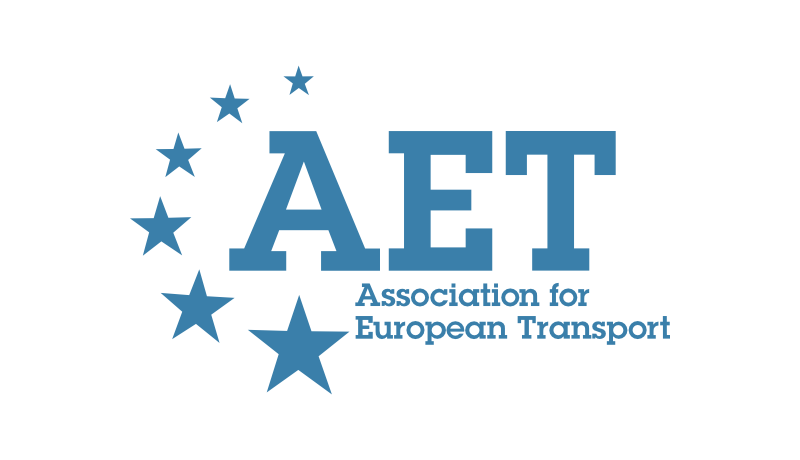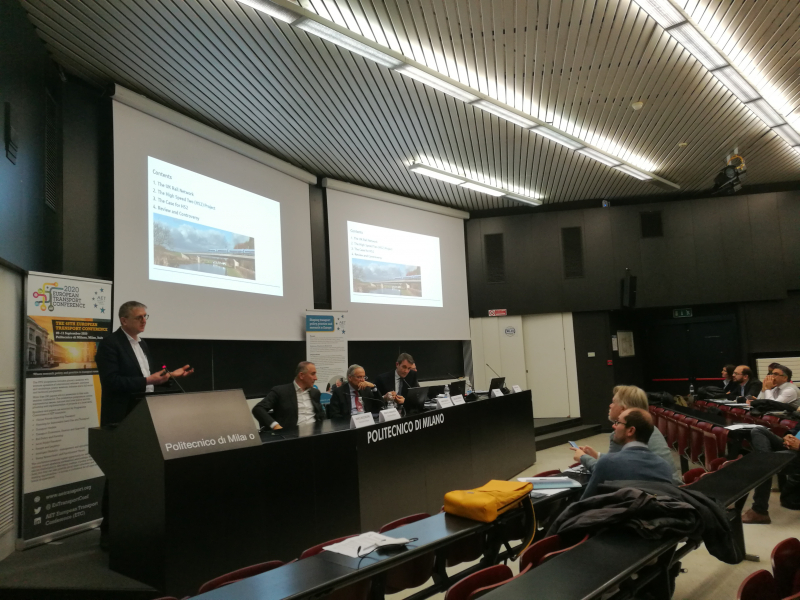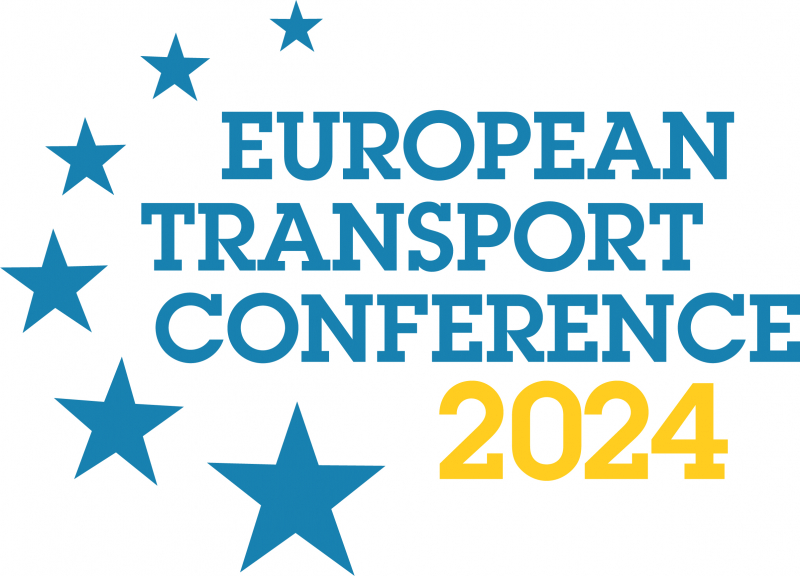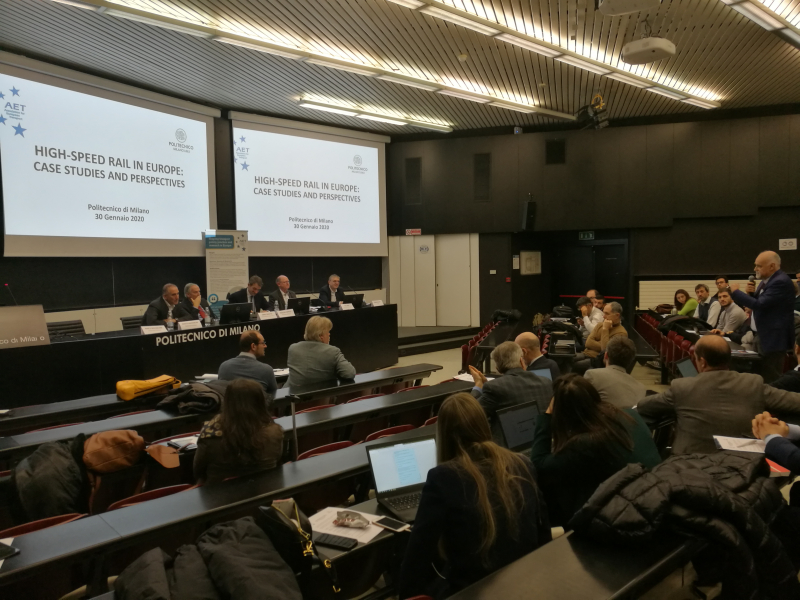-
Past ETC Papers
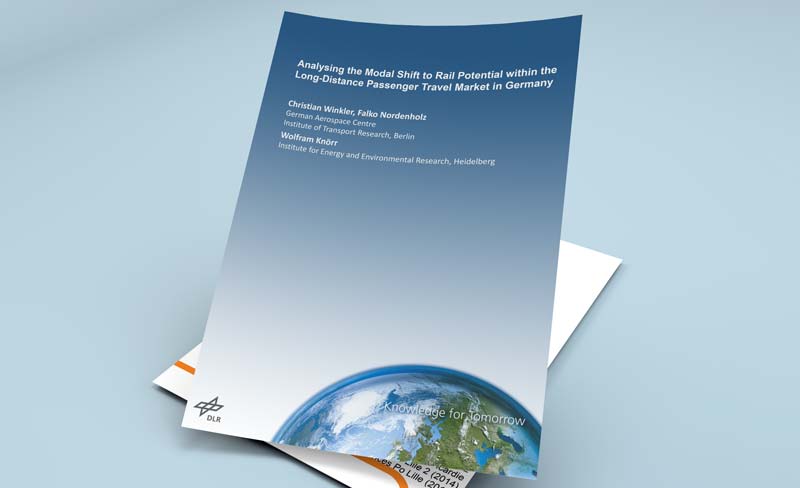
Browse, search and view papers from the past AET Conferences.
ETC Conference Papers 2024 For registered conference attendees
-
Members' Area

AET promotes networking and exchange of ideas, information and opportunities amongst members.
Conference Papers 2021
Online
ETC Conference Papers 2021
When market opening reverses – Comparative analysis of public transport policy of multiple Central and Eastern European countries
Seminar
Day 2 (14 Sep 2021), Session 4, COMPETITION, 10:00 - 12:00
Status
Accepted, documents submitted
Submitted by / Abstract owner
Vilmos Oszter
Authors
Vilmos Oszter
Balázs Ács
Short abstract
The ongoing pandemic has created different policy answers based on the market structure and the respective country’s lock-down related service cutting paradigm. This paper focuses on railway passenger transport market development processes in CEE.
Abstract
Similarly to urban public transport, regional and long-distance public transport experienced a deregulation process from the strictily regulated state-owned incumbent operators ruled market towards a growing number of privately owned operator’s market oriented competition. The EU policy actively supported this process by the elaboration of the 1370/2007 EC directive on public passenger transport services. Central and Eastern Europe (CEE) had different socio-economic historical development than the widely researched Western and Northern countries. The fragmented and often rundown infrastructure with rapidly changing politics fuelled policy background meant huge challenges for public transport operator companies. The regional and long-distance passenger public service provision has many different approaches in the Central and Eastern European countries. This paper endeavours to take into account the public transport market development tendencies focusing on regional and long-distance passenger (railway) transport over the last two decades from the millennium till 2020. By comprehensive assessment of existing literature and professional documents, EU and national legal sources, we found that different tendency can be observed in the analysed country markets. In some countries (e.g. in Romania or Slovakia) after “wild” market competition due to the responsible Ministry intervention and due to the owners' specific economic interests or other further analysed factors the free-market competition is growing on some key routes while Public Service Obligation tenders seem to favour again to incumbent operators. Other countries (e.g. Austria or Czech Republic) are trying to keep the achieved market competition by non-discriminative financial contracts, however, this is often questioned by the new entrants. In this paper operator ownership, tariff system, rolling stock, railway path allocation and multimodal connection organisation aspects are analysed. Not surprisingly diverse policy solutions are emerging. Additional financial, organisational and cooperation questions arise when services cross internal or external borders of EU member states. The ongoing pandemic has also created different policy answers based on the market structure and the respective country’s lock-down related service cutting paradigm. Many of these questions the fundaments of the developing competition backed by EU directives. Due to the sometimes not coherent policy background and local characteristics, no clear one-fit-all solutions have been identified yet, however, several clusters of service policy may be identified. The overall assessment provides empirical evidence that a policy revision is needed on national and EU levels to ensure the attractive and efficient public service offer which are deemed crucial for the set sustainability goals.
This paper is not connected to any specific ongoing or past research or cooperation project.
Programme committee
Local Public Transport
Topic
COVID-19 and the Consequences
Documents:

Association For
European Transport
Forester House
Doctors Lane
Henley-in-Arden
Warwickshire, UK
B95 5AW
+44 (0) 15 64 793552
VAT number: 710 1866 64
Conference Supporters & Endorsers

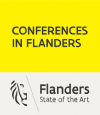


Legal Entity
The Association for European Transport is registered as an Association ('vereniging') with the Chamber of Commerce for Haaglanden in The Netherlands under company number 27170096.
Built on Zenario

